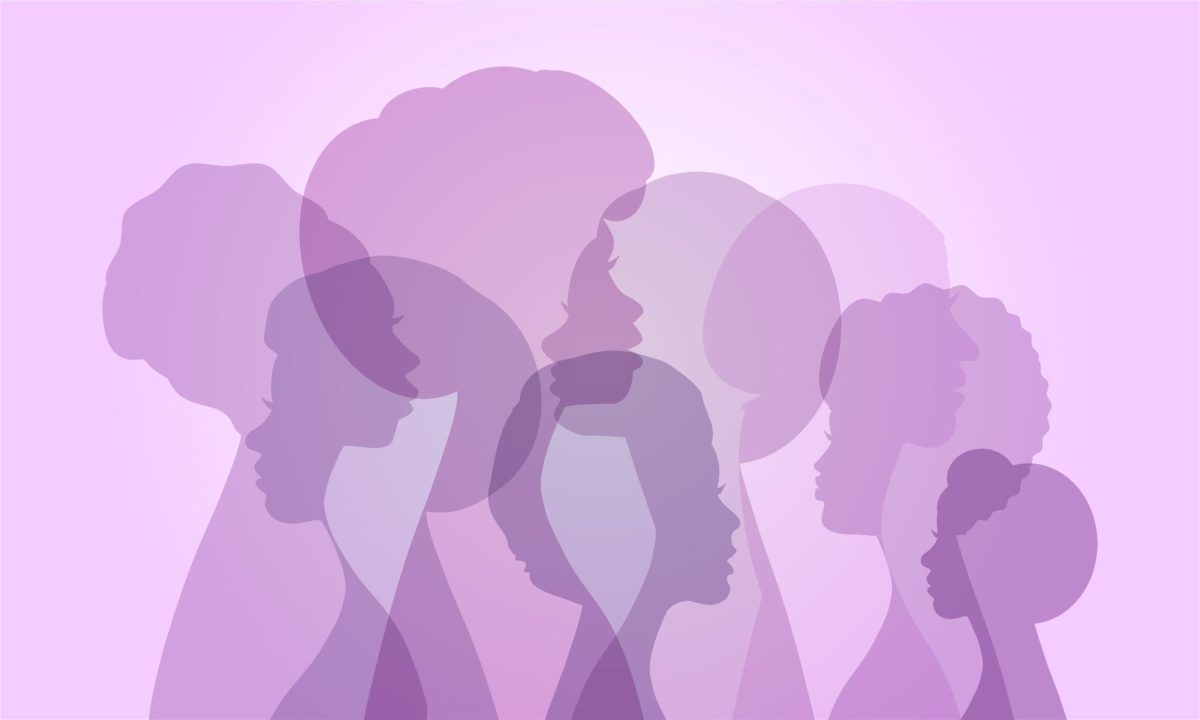Fourth-wave feminism – or the political movement behind it – has self-objectified femininity, turning Women’s History Month into a political narrative to gloss over in a calendar year. Woke feminists are spitting in the face of celebratory women by focusing on contentious debates in a historical month of commemoration.
Women’s achievements should be recognized in March independently of political influence or agendas. Even if it’s in the midst of an election year, the month should not be used as a leverage tool for feminists to advance political discussion.
Reproductive rights, fights for abortion access and debates surrounding pregnancy and gender roles remain prevalent issues in America. They’re politics that objectify the female body.
When a fourth-wave feminist fixates solely on these problems instead of recognizing our country’s milestones, they are the problem with America. The movement focuses on gender roles and sparks new conversation compared to third-wave feminism, according to Architectural Histories.
Despite the political nature of Women’s History Month, women’s historical achievements must not go unnoticed following the first suffrage convention held in Seneca Falls, New York.
During the 20th century, advocating for suffrage and questioning gender roles turned into an awesome norm for young women. These actions had a profound influence on their self-perception and status within society, according to a study published by Oxford University Press.
Modern feminists do something similar, but the fourth wave undermines femininity by objectifying the feminine body and politicizing it through previously mentioned debates.
This situation is problematic because objectification of the body already has adverse effects on mental health, but an expression of these affairs may derive from the objectification of womanhood and superficial characteristics women experience in America, according to Oregon State University.
We can talk about an existing patriarchy that exemplifies traditional gender roles, but that merely fuels the ongoing politicization of women during March.
NIU Director of the Gender and Sexuality Resource Center Molly Holmes presented a counterargument, explaining education and insightful conversations about new emerging gender roles are key for students to understand.
“Education can bring us together, but I don’t mean it in a trite way,” Holmes said. “I really mean it in a way that students already have these opportunities built into their campus experience. So why not take a chance in coming to a space asking some questions, and I think people will find this thread of humanity.”
At NIU, students have the opportunity to come together, recognizing the shared bonds we have no matter our political beliefs.
“We’re all Huskies, right? I think that there’s opportunities in engaging, that can de-escalate that fear or isolation that maybe you pointed out in the world,” Holmes said.
But that fear derives from a politicized environment Americans find themselves in every day, and it only leads to contentious woke ideologies.
Women’s history traditionally viewed as a feminine renaissance now seems less prevalent among the nation’s new generation of women. Let’s push fourth-wave feminism to the side next year.
Women across the world deserve better.














